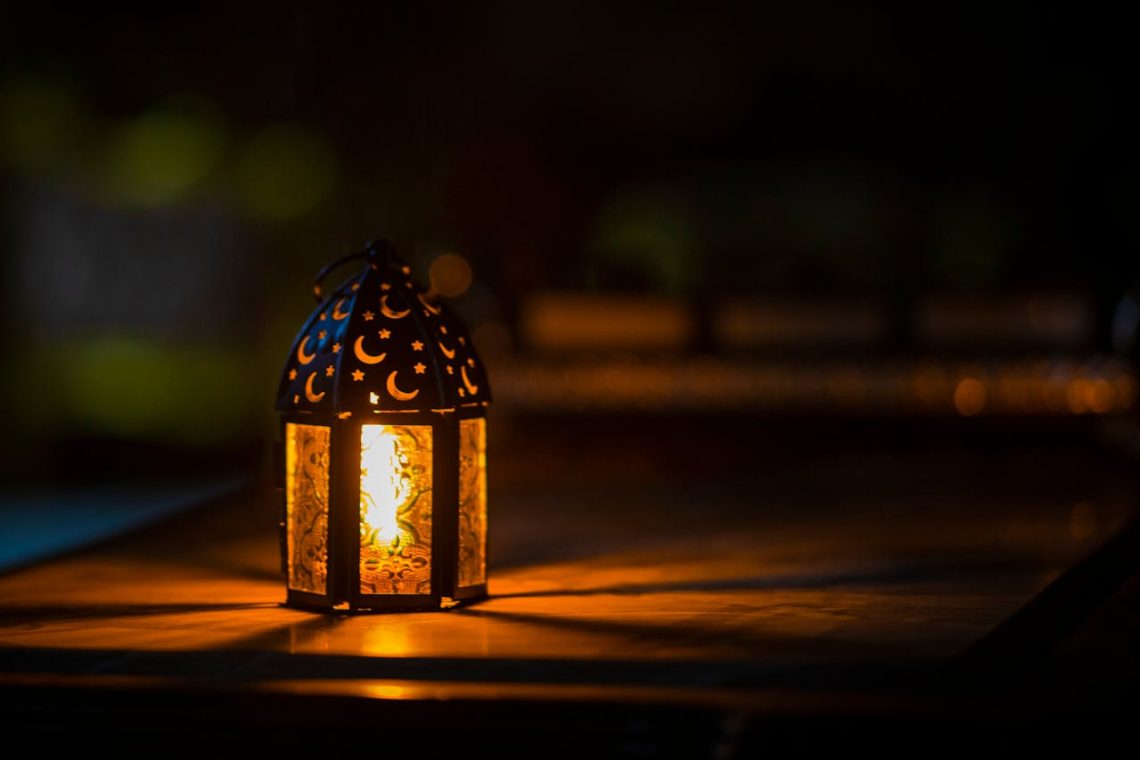Ramadan, the holy month of fasting and spiritual reflection, holds a special place in the hearts of Egyptians. With a rich history that seeps into every corner of its bustling cities and quiet villages, Egypt transforms during this sacred time. The crescent moon heralds the arrival of Ramadan, a period when the faithful abstain from food, drink, and other physical needs during the daylight hours as a means of purifying the soul and exercising self-discipline.
The warm Egyptian hospitality and the country’s deep-rooted traditions come to the fore during Ramadan 2024. From the ancient alleys of Cairo to the banks of the Nile during the River Nile cruises, the spirit of the month is pervasive, offering an enchanting experience for both locals and visitors alike.
Lanterns and Lights: The Visual Splendour of Ramadan
As dusk falls, the cities illuminate with flickering lanterns known as ‘fawanees’, a hallmark of the Ramadan nightscape in Egypt. Shopfronts and homes proudly display these lanterns, crafted with intricate patterns and vibrant colours, casting a glow that guides those heading for Taraweeh prayers at the mosque.
The Harmony of the Call to Prayer
Five times a day, the call to prayer resonates through the streets, but it is the Maghrib adhan that signals the end of the day’s fast and is met with a collective sigh of relief and gratitude. The Iftar meal begins with the simple act of eating a date and drinking water, following the tradition of the Prophet Muhammad.
Iftar: A Communal Celebration
Throughout Egypt, Iftar tables are laden with an assortment of dishes, encapsulating the country’s rich culinary heritage—a feast for the senses after a day of self-restraint. Traditional favourites like ‘ful medames’ (stewed fava beans), ‘lentil soup’, ‘koshari’ (a hearty mix of pasta, lentils, rice, and fried onions), ‘mahshi’ (stuffed vegetables), and ‘fattah’ (rice, bread, and meat dressed with vinegar and tomato sauce) are relished with family and friends.
Suhour: The Pre-Dawn Meal
Suhour, the meal consumed before dawn breaks, is both a social and spiritual occasion. It is lighter than Iftar, with foods such as cheese, bread, yogurt, and eggs, helping sustain those observing fasting through the following day.
Ramadan Nights: Cultural Richness
After the fast breaks, the night comes alive with TV shows specially produced for the month, cultural festivals, and religious lectures. The nocturnal fervour is palpable as people of all ages take to the streets to enjoy the ‘Ramadan Nights’, a contrast to the calm introspection of the day.
Charitable Giving: The Essence of Generosity
Charitable deeds and community service are intensified during Ramadan. Egyptians express their generosity through ‘ma’edat rahman’, spreading banquet tables for the less fortunate, embodying the spirit of giving and unity.
Conclusion: A Journey of Spirituality and Tradition
Ramadan in Egypt is not just about fasting; it’s a holistic cultural and religious experience steeped in a sense of community. As the country prepares to welcome Ramadan 2024, its people eagerly anticipate the chance to rejuvenate their faith and to share the peace and blessings of this most cherished time of year with the world.


